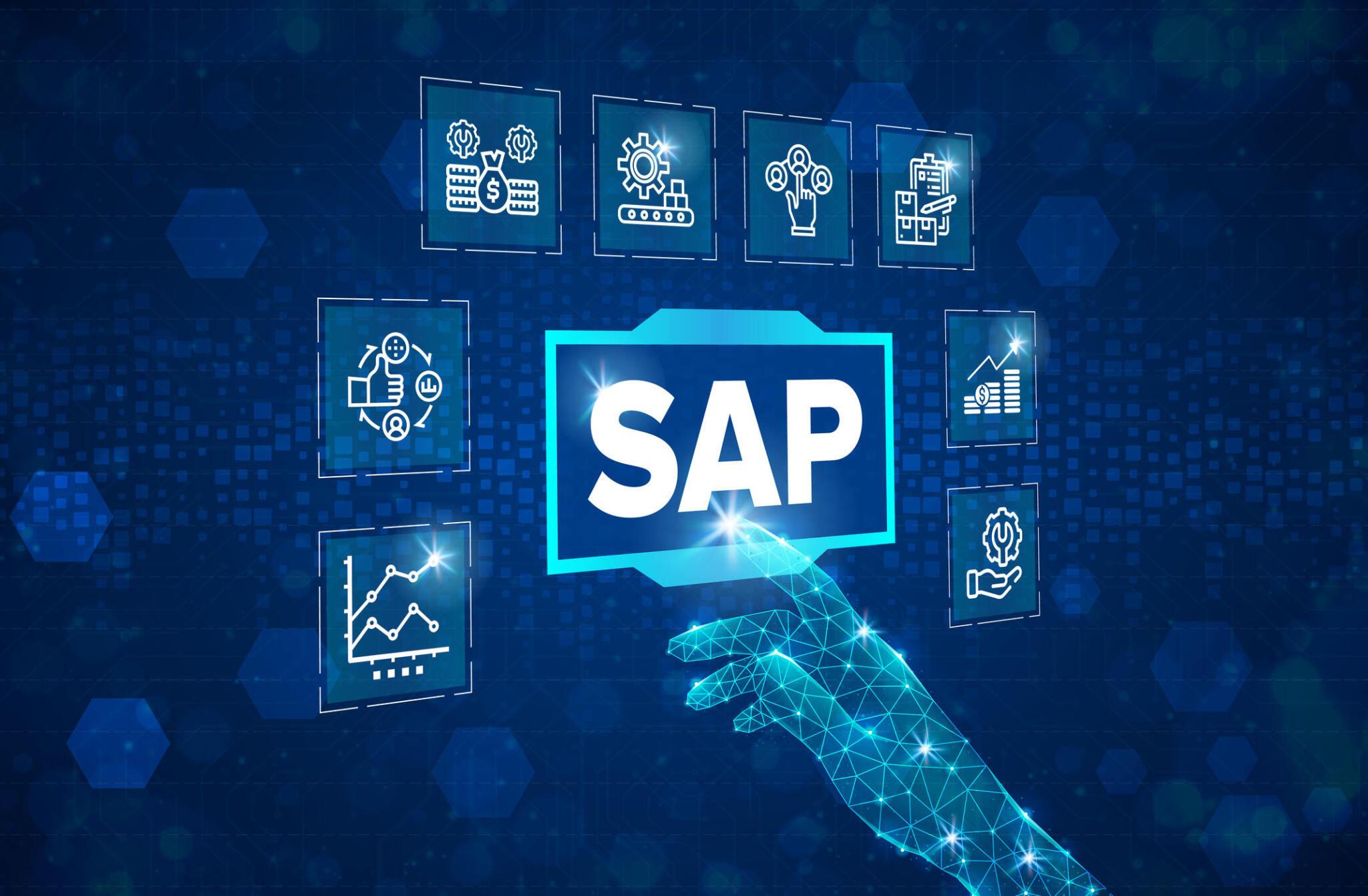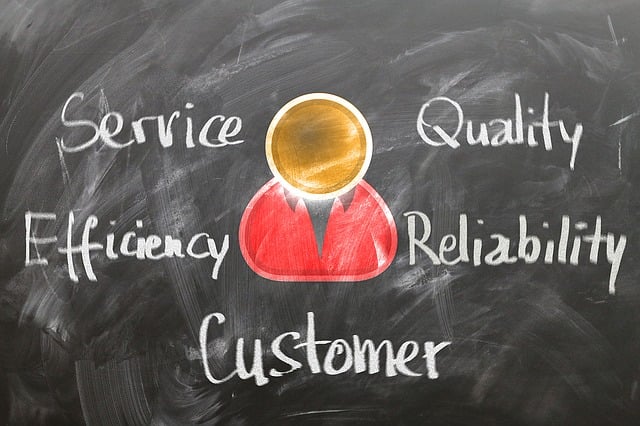
SAP is a business software company that provides a variety of applications to help businesses manage their finances, human resources, and supply chains. SAP’s software helps companies become more efficient and effective by automating many tasks. As a result, businesses can save time and money while improving their bottom line.
The essential solutions you get from SAP include ERP in Finance and CRM for customer management. SCM involves supply chain management, HCM for human resource management, PLM and MES for product lifecycle management, Business Intelligence (BI) for data analysis, and Mobility for mobile device access.
1. Innovation for the Future of SAP
Legacy ERP systems allow you to employ customer- or product-centric innovations. But with SAP, you can drive innovation more holistically. It provides the technology infrastructure needed to meet the needs of customers, employees, and suppliers.
That gives you greater visibility into all areas of your business, making it easier to understand trends, anticipate customer needs, and develop new products or services.

With SAP’s S/4HANA, you do not need numerous integrations to drive innovation. That provides businesses with an agile platform for digital transformation, enabling them to respond to changes in the market and gain a competitive advantage. SAP implementation makes developing new products and services easier while offering business intelligence that helps you identify growth opportunities.
2. Operation Efficiency
How many times have you had the marketing team stagnate, waiting for data updates or information from the finance department? Working on segments from various departments to make decisions can take a long time.

SAP eliminates bottlenecks in operations by connecting all departments and enabling real-time collaboration. Businesses will quickly fix problems, streamline processes, and make better decisions.
The centralized system also eliminates the need for numerous integrations, helping reduce IT costs and free up resources for other projects. You can easily access data from all departments, providing visibility into key performance indicators. That way, you can monitor progress and identify potential issues before they become significant problems.
3. Data Security
Firms face increasing risks when dealing with confidential customer and financial data. Businesses need to be able to protect their sensitive information and prevent unauthorized access. Managing various software solutions for your business can be challenging and increases the risk of data breaches. For instance, there could be risks involved when transferring data from a CRM to an ERP.

SAP secures data and helps prevent breaches by providing a single platform that manages all processes and applications. All the departments in your company can access data using a single system that includes built-in security measures. That way, you can be sure your sensitive data is secure and protected from outside threats.
Data integrity is highly achievable with the help of SAP applications. The software automatically logs all data changes and provides detailed audit trails, ensuring proper control of access and modifications. Your business can also monitor entries to detect discrepancies and potential fraud.
4. It Saves Costs
Maintaining multiple systems can be costly and inefficient. It involves numerous processes, such as training users on different software tools, and costs for maintenance and development are higher. With SAP, you can bring all stakeholders in a company onto the same platform. That eliminates redundant processes and ensures that all departments access the same information and data.

Consolidating operations onto one platform can save money by reducing license fees and staff productivity costs. The more efficient and streamlined processes reduce inventory management, shipping, and customer service costs. That allows you to reinvest in other areas while staying competitive.
Another way SAP helps businesses save money is by providing them with better financial visibility. With immediate access to financial data, companies can make smarter decisions and identify cost savings opportunities. The software also supports forecasting and budgeting, allowing businesses to plan and stay ahead of their competitors.
5. Scalability
Limited budget? That should not stop you from achieving business growth. With SAP, businesses can scale up to meet their expanding needs without investing heavily in infrastructure and software. SAP is a modular system, meaning you can choose the features and functions you need and gradually add more as your company grows.
That way, you can start small and add new capabilities when necessary. That makes it easier for businesses to budget their investments and grow at a manageable pace. Furthermore, the software has the flexibility to adapt and accommodate changing needs, allowing them to stay agile and competitive in the markets.
Conclusion
SAP is an invaluable asset for businesses of all sizes. Its centralized system and integrated approach to data management can reduce costs, increase efficiency, and provide security for your business. With its scalability, you can expand your business without massive investment in additional software and staff.
Additionally, it can provide better visibility into your finances and help you make informed decisions for long-term growth. All in all, SAP is a powerful solution for modern high-tech firms.





